On World Hand Hygiene Day, we should pay attention to these points →
May 5th of every year is World Hand Hygiene Day. A simple and effective "prescription for disease prevention" in our life lies in our hands, that is, hand hygiene. Did you do the ordinary little thing of washing your hands right? Come and learn the correct way to wash your hands.
Why hand hygiene?
Hand hygiene is a general term for hand washing, sanitary hand disinfection and surgical hand disinfection. In daily life, people’s hands are in direct and frequent contact with objects, and the skin of their hands is easy to carry various microorganisms such as bacteria and viruses.
Hand hygiene is also an important means of hospital infection control. In medical practice:
Hand is the main route of pathogen transmission in medical practice;
Maintaining hand hygiene is an important measure to avoid the spread of germs and prevent iatrogenic infection.
Therefore, it is very important to pay attention to hand cleaning and care for family health.
How to wash your hands correctly?
In daily life,
Hand washing is to prevent infectious diseases.
And maintain one’s health.
One of the most convenient and efficient methods.
How to wash your hands to effectively reduce bacteria?
Remember the "seven-step washing method".
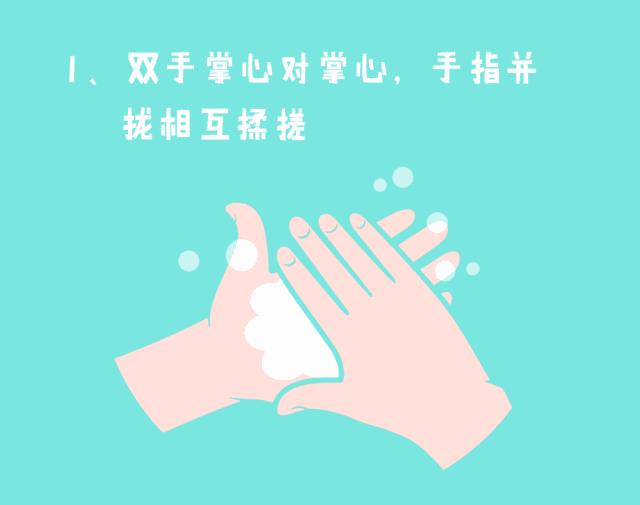
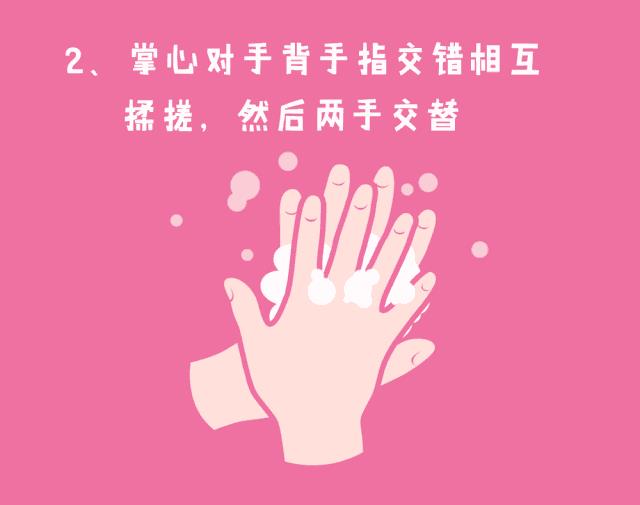
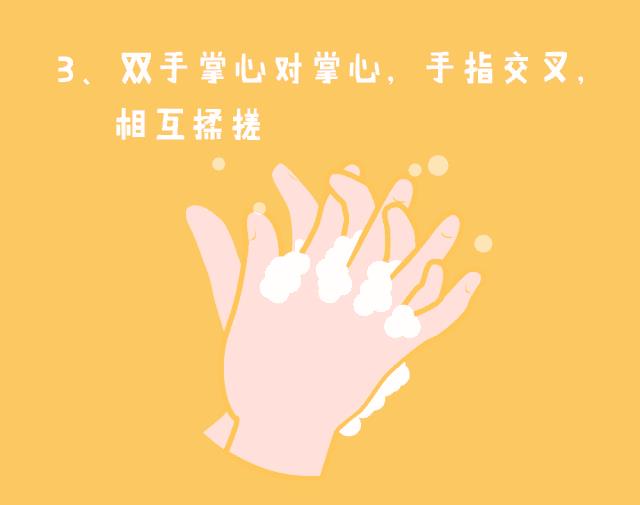
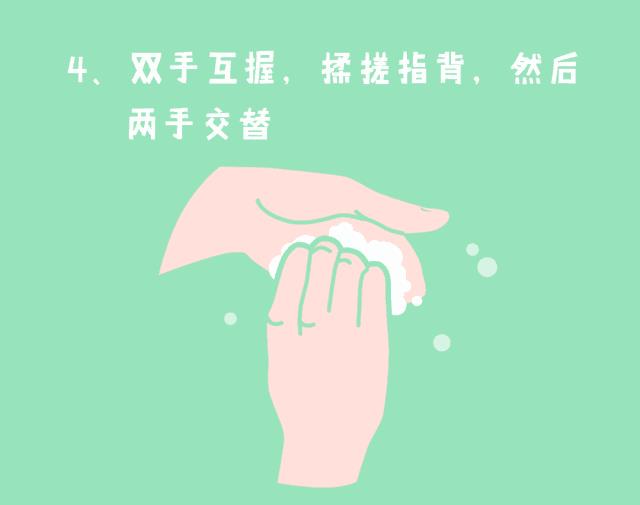
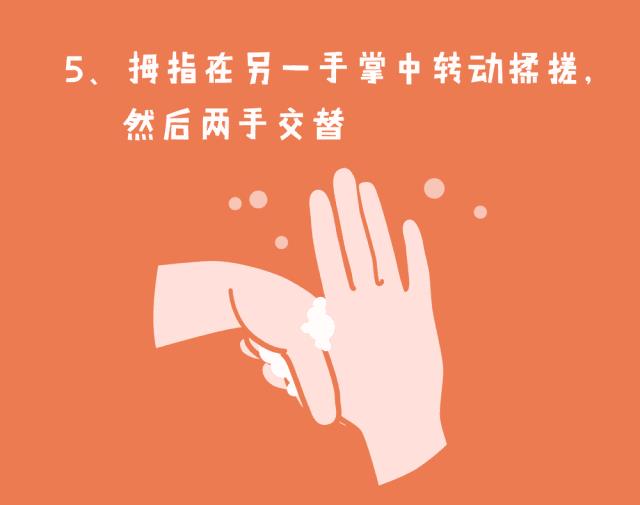
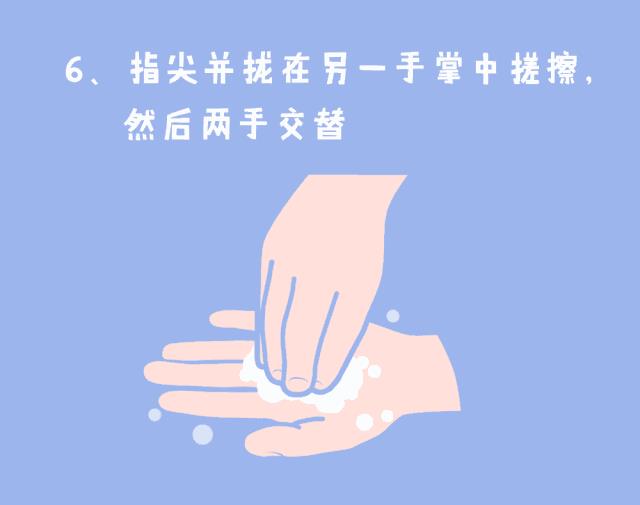
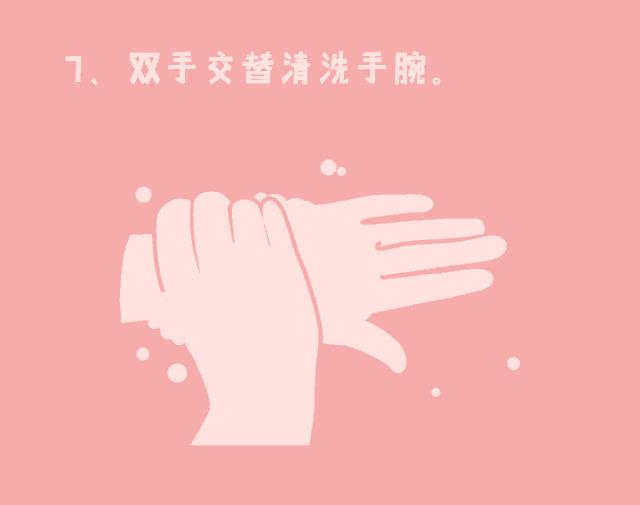
(Source: China CDC News)
There are also misunderstandings about hand hygiene?
Beware of "the more you wash, the dirtier you get"
Myth 1: only use "water washing"
Only washing with running water without using hand sanitizer or soap can not effectively remove the dirt on the hands, and a large number of pathogens still remain on the hands.
In addition, soap should be kept dry during use, and the soap box should be cleaned in time. If the bottom of the box can’t be kept dry, bacteria will also breed in wet environment.
Myth 2: Wear gloves instead of hand hygiene.
Remember that "wearing gloves" can’t replace hand hygiene, and should be cleaned in time after taking off gloves. Gloves are highly sealed, and after wearing them for a period of time, a certain amount of sweat and microorganisms will grow on your hands more or less.
Myth 3: Insufficient time to wash your hands.
Wash your hands with running water, and the rubbing time should be sufficient. If the time is too short, you can’t effectively remove hand pollutants.
Myth 4: Sharing dry hand towels
After washing your hands, dry them naturally or dry them with disposable paper towels. It is best not to use towels, because towels are easy to hide germs, and it is easy for washed hands to be contaminated with germs again, not to use public towels.
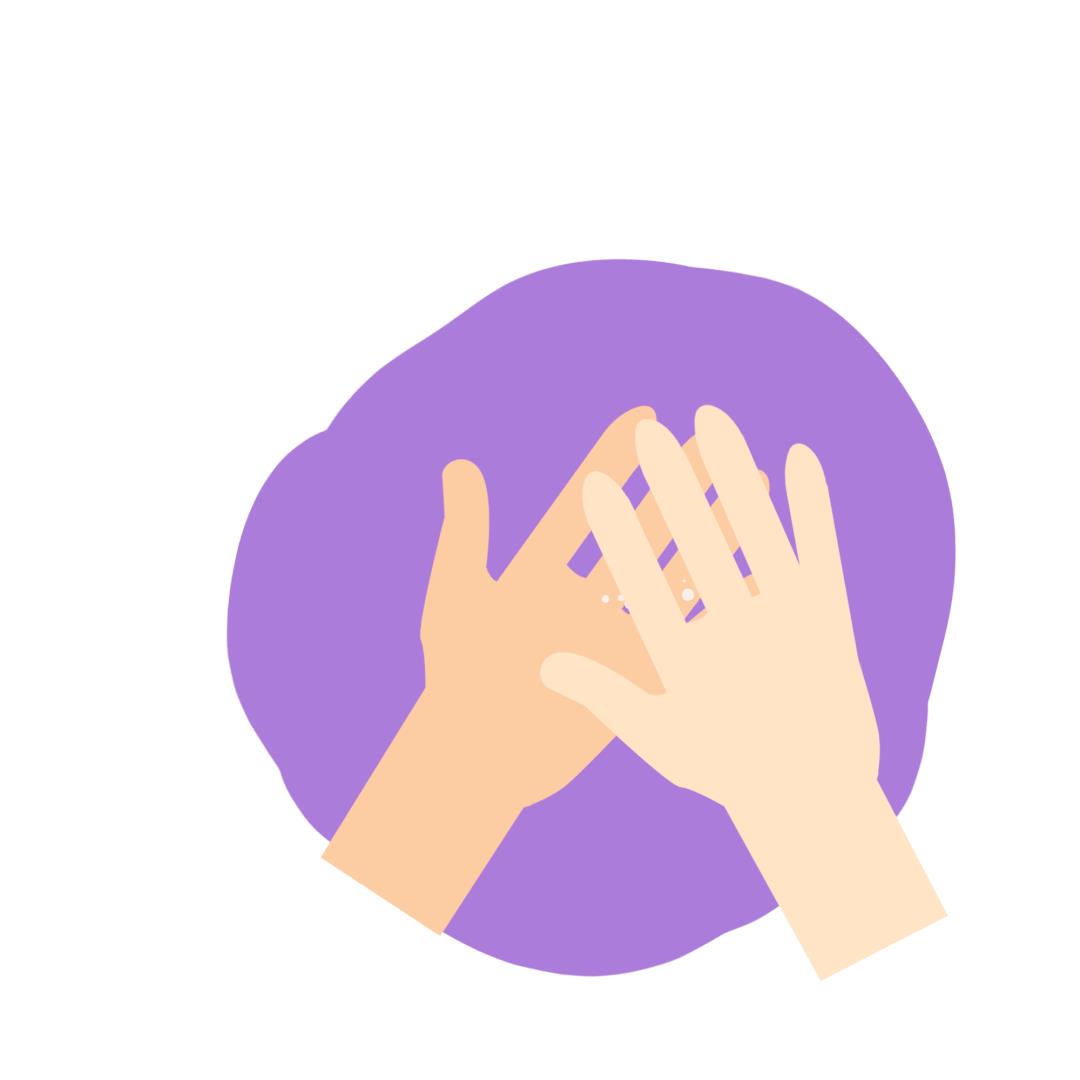
How to keep your hands clean in life?
Wash your hands after drying clothes. In the process of drying clothes, your hands may be stained with bacteria left in clothes and washing machines.
Wash your hands when you go home. When going out, hands will inevitably come into contact with some public facilities, such as door handles, elevator handrails, straight elevator buttons and so on.
Wash your hands after changing clothes for patients or after handling contaminated items.
Wash your hands after touching banknotes and deposit and withdrawal machines.
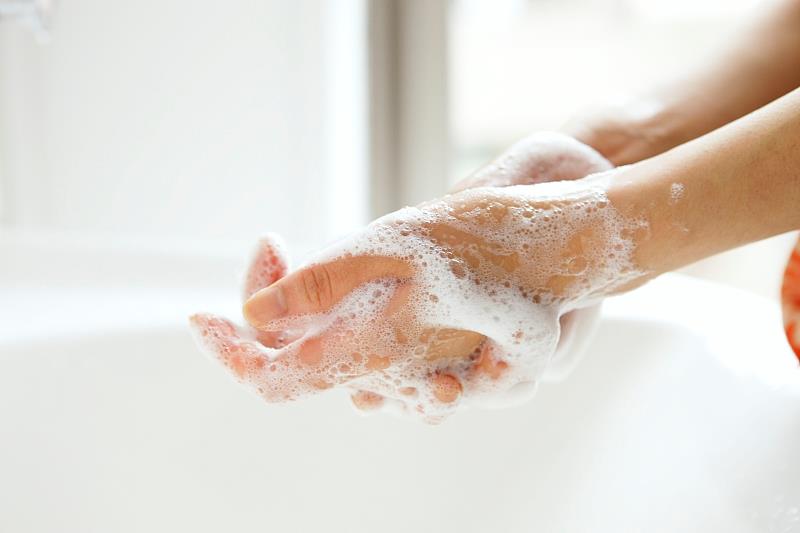
⑤ Wash your hands after using computers and mobile phones. These common items are easily overlooked.
6. Wash your hands after touching body secretions. For example, after sneezing, coughing or wiping your nose with your hand over your nose and mouth.
Wash your hands after touching pets or poultry.
Wash your hands after going to the hospital.
"Hands" protect health
Start with you and me.
(CCTV news comprehensive science popularization China, China disease control dynamics, etc.)
Producer: Lu Yi
Producer Zheng Hong Wenya